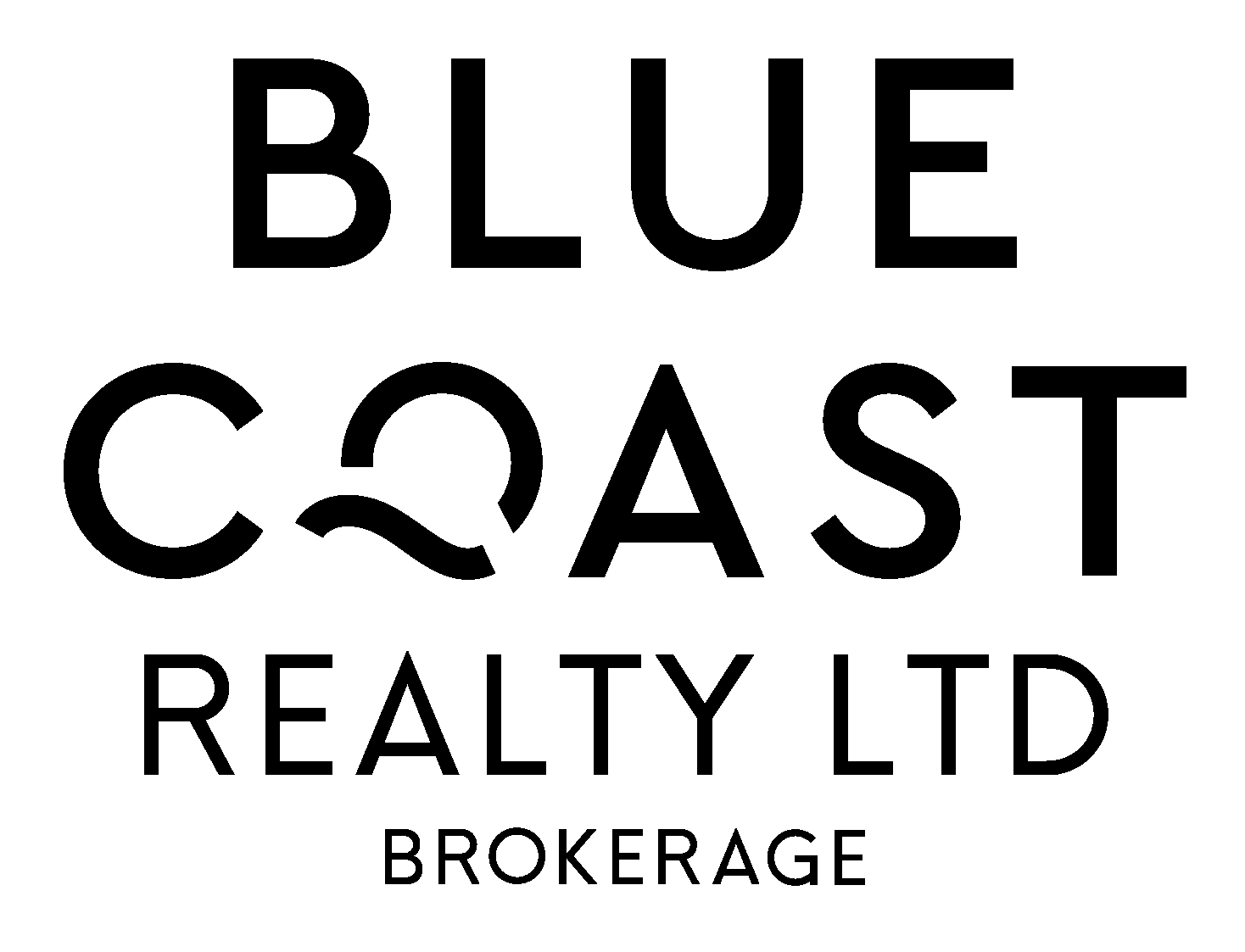
Reverse mortgages are a popular financial product for seniors who have equity built up in their homes and need to supplement their retirement income. However, it's important to understand the details and requirements of a reverse mortgage to make an informed decision.
What is a Reverse Mortgage and How Does it Work?
A reverse mortgage is a type of loan that allows homeowners to access the equity they have built up in their homes. Instead of making monthly payments like a traditional mortgage, the loan is repaid when the borrower dies, sells the home, or moves out permanently. The loan amount is based on the value of the home, the borrower's age, and current interest rates. The homeowner retains ownership of the home and can continue to live in it while the loan is outstanding.
Who is Eligible for a Reverse Mortgage in Canada?
To be eligible for a reverse mortgage in Canada, you must be at least 55 years old and own a home that is your primary residence. The home must be in good condition and meet certain minimum value requirements. The amount of equity you have in your home will determine the amount you can borrow.
How Much Can You Borrow with a Reverse Mortgage?
The amount you can borrow with a reverse mortgage is based on several factors, including the value of your home, your age, and current interest rates. Typically, the older you are, the more you can borrow. You can choose to receive the loan amount as a lump sum, as monthly installments, or as a line of credit.
What are the Costs and Risks of a Reverse Mortgage?
One important consideration when considering a reverse mortgage is the fees and interest rates associated with the loan. These can be higher than traditional mortgages and can eat into the equity you have built up in your home. You are also responsible for paying property taxes and homeowner's insurance while the loan is outstanding.
Another risk is that if you decide to sell your home or move out, the amount you owe on the reverse mortgage will be due immediately. This can be a challenge if you don't have the funds to pay off the loan.
Is a Reverse Mortgage Right for You?
A reverse mortgage can be a useful financial tool for seniors who need extra income and want to stay in their homes. However, it's important to carefully consider the costs and risks involved before taking out a reverse mortgage. You should also consult with a qualified financial advisor to help you make an informed decision.
Who Provides Reverse Mortgages?
In Canada, there are several financial institutions that offer reverse mortgages, including banks, credit unions, and mortgage brokers. Some of the most well-known providers of reverse mortgages in Canada include HomeEquity Bank's CHIP Reverse Mortgage, Equitable Bank's PATH Reverse Mortgage, and Canadian Home Income Plan (CHIP).
Financial Advisor Help with a Reverse Mortgage
To find a qualified financial advisor to help you with a reverse mortgage, you can start by asking for referrals from friends and family or by searching online for reputable advisors. Look for advisors who specialize in retirement planning and have experience with reverse mortgages. Be sure to ask about their fees and qualifications before making a decision.
In conclusion, a reverse mortgage can be a useful financial tool for seniors who need extra income and want to stay in their homes, but it's important to fully understand the costs and risks involved before taking out a reverse mortgage. Consult with a qualified financial advisor to help you make an informed decision.



